The government should introduce the direct tax code and goods and services tax as quickly as possible since otherwise meeting the medium term fiscal targets may be difficult, said Dharmkirti Joshi, senior director and chief economist at Crisil.
For revenue, the Budget is relying on one-off gains, like spectrum. So for sustainability of revenue beyond this year, a pick-up in growth is must, he said in a post budget interview with Firstpost.
“Every budget is a balancing act, this one is also not different in that sense,” he said.
The expectation of revenue buoyancy is high in the Budget and the expenditure estimate is also not mild. In this scenario, it would be better for the government to start mopping up its non-tax revenue right from the beginning, Joshi said.
As far as GST is concerned, the fact that the finance minister has earmarked a token Rs 9,000 crore to compensate the states shows the government’s seriousness, he said.
In his Budget speech, the finance minister said most of the states favoured GST which is aimed at bringing about uniformity in the tax structure across the country.
“An overwhelming majority of the states have agreed that there is a need for constitutional amendment to pass GST law,” Chidambaram said, adding the state finance ministers and the GST council will draft the regulations in this regard.
According to Crisil, implementation of GST will boost the GDP growth by 2 percentage points.
Asked about the RBI’s likely response to the Budget, Joshi said he expected the RBI to cut policy rates by 50-75 basis points during the year.
“Fiscal consolidation has been the central theme of this budget. The deficit coming down is a signal to the RBI. And moreover you can’t squeeze growth too much to rein in inflation,” he said.
As far as current account deficit is concerned, Joshi does not see a big turnaround.


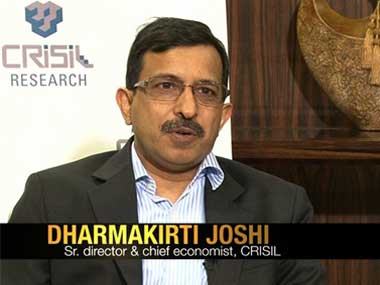)




)
)
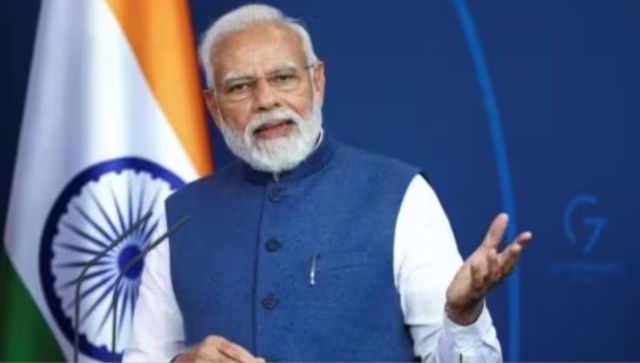)
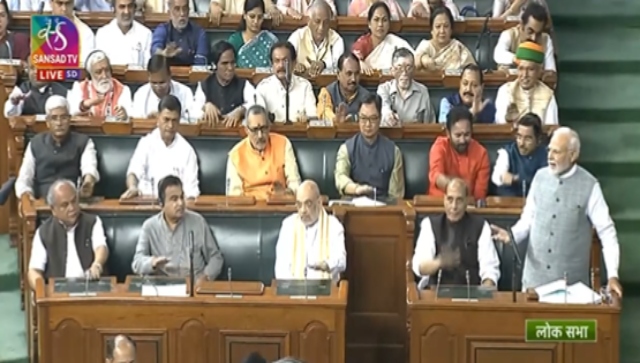)
)
)
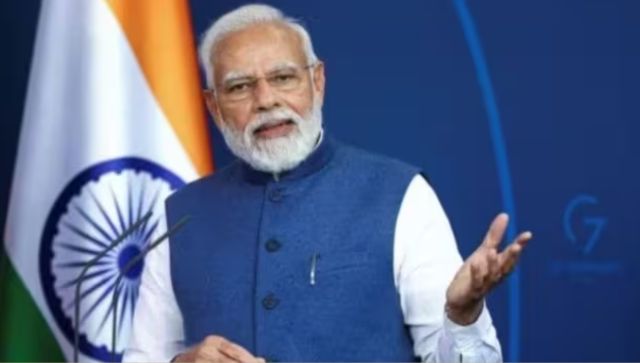)
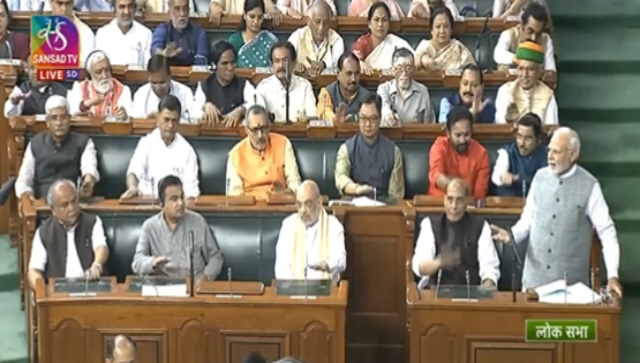)